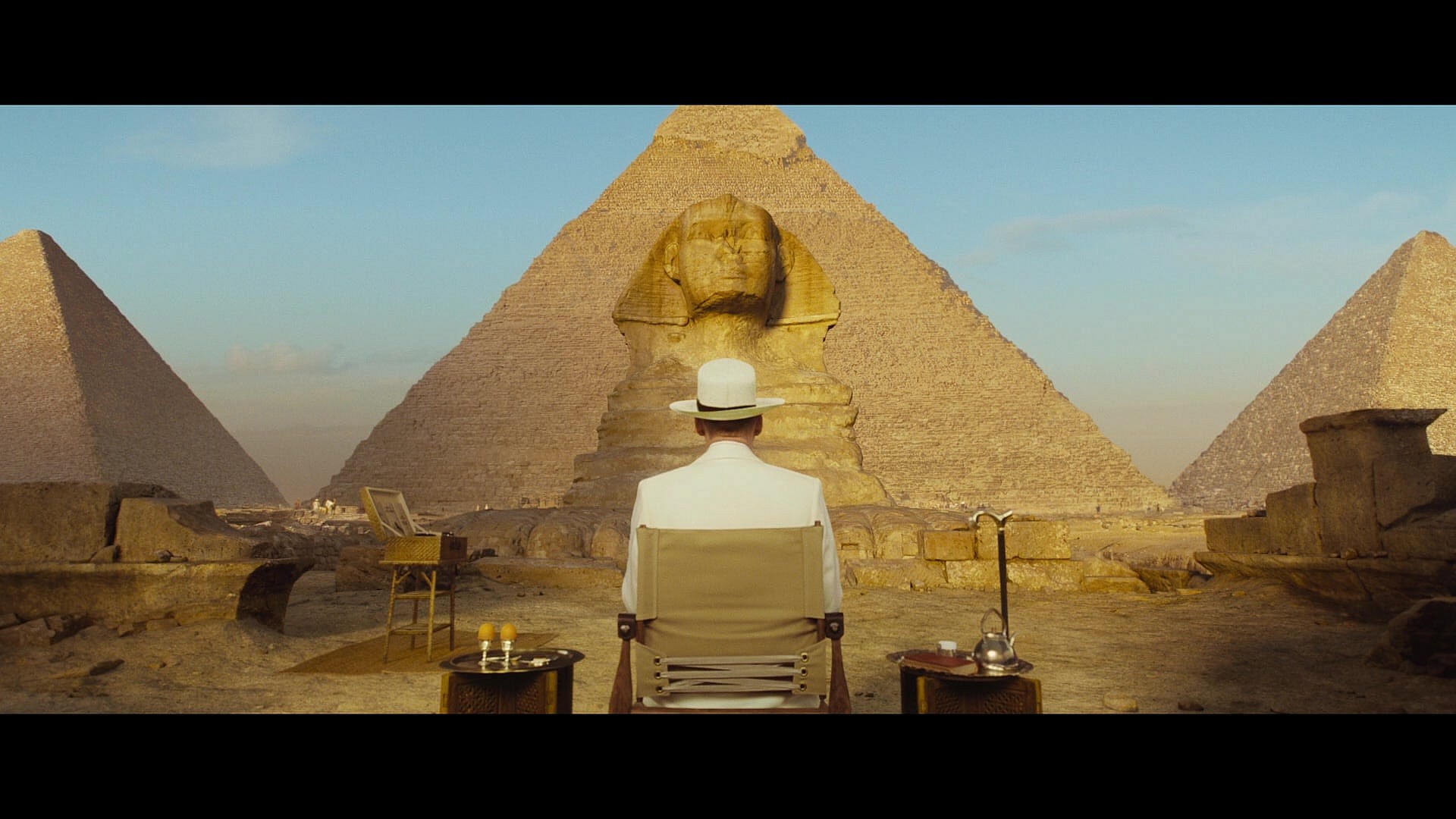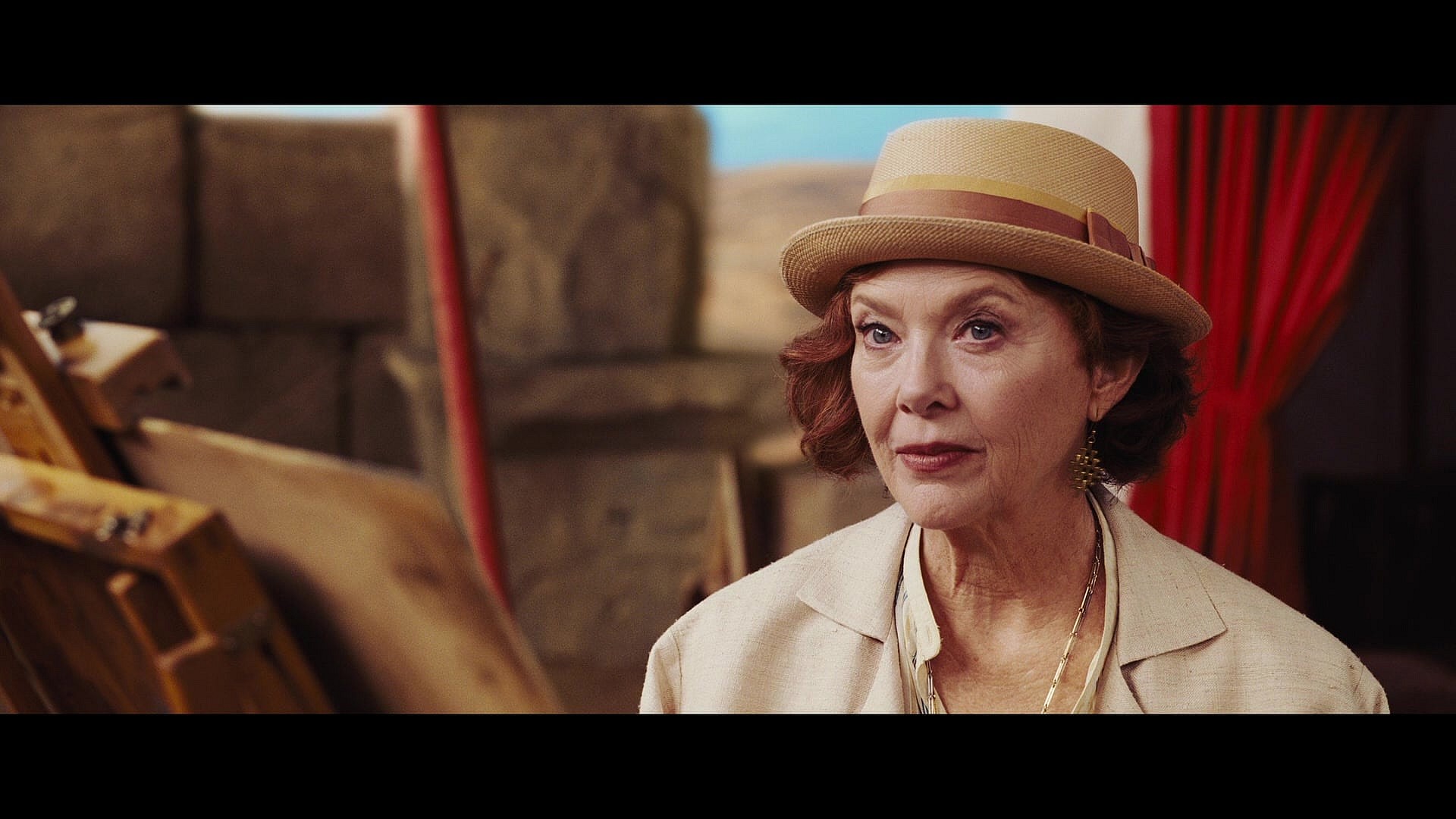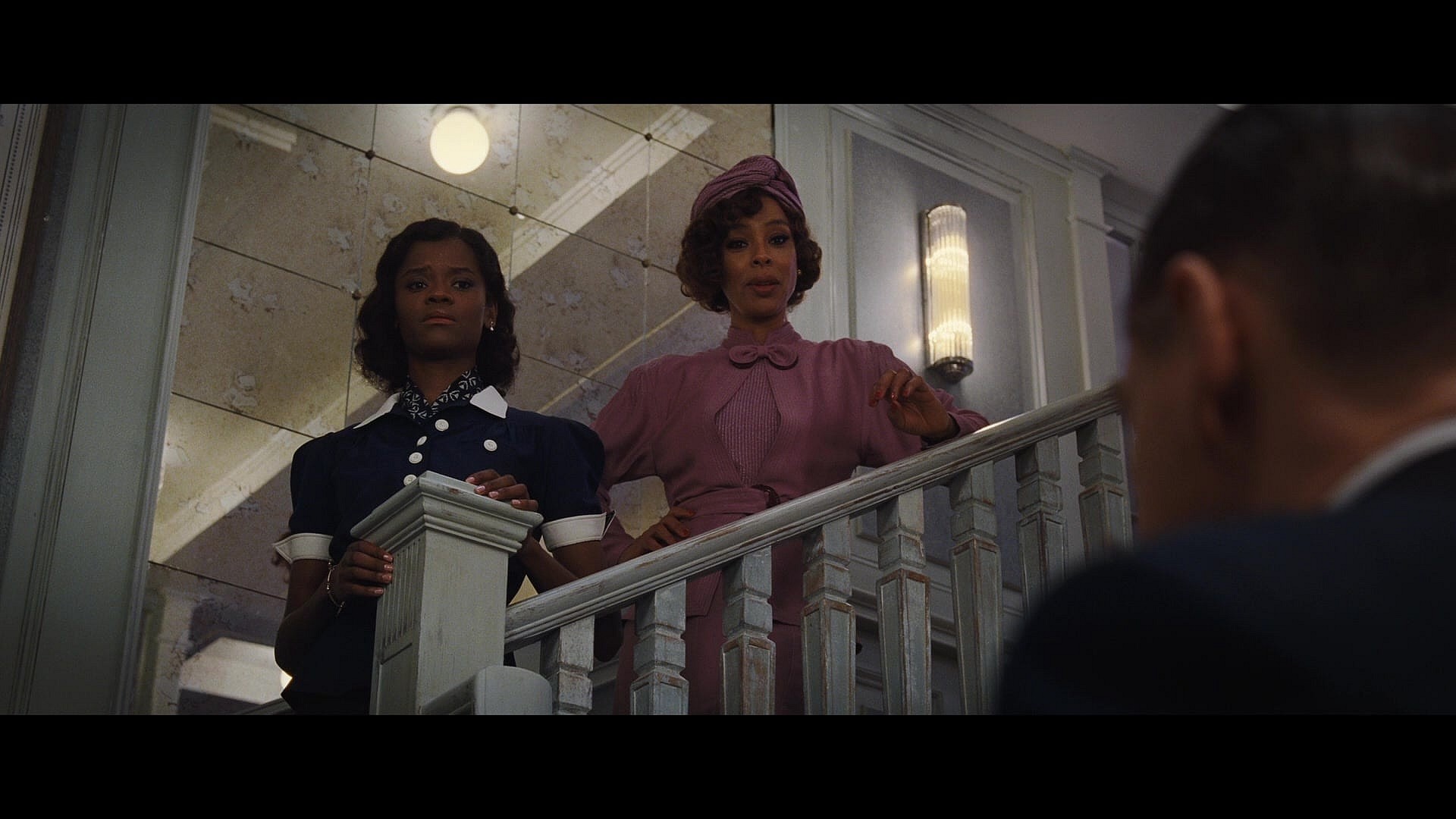Agatha Christie Joins Growing List Of Classic Authors Whose Original Works Are Being Rewritten For Modern Audiences

In further proof that even the most storied creators aren’t safe from the pearl-clutching of identity politics, the publishing house currently responsible for handling legendary mystery novel author Agatha Christie’s expansive library of works, HarperCollins, has commenced updating her works for ‘modern audiences’.

These changes were first brought to light by The Telegraph, who were reportedly able to obtain digital versions of HarperCollins’ upcoming re-releases of Christie’s entire catalogue of Miss Marple stories – as well as a choice few Hercule Poirot ones – ahead of their official street date.
Led by the publisher’s own sensitivity readers, HarperCollins’ editing is said to have begun in 2020 with the intention to remove any mention – whether it be a description, an insult, a simple reference, or the use of an outdated term such as ‘Oriental’ or ‘Nubian’ – of any given character’s ethnicity from the author’s works.

For example, in Christie’s classic Death on the Nile there exists an instance where Mrs. Allerton, one of the passengers on the story’s central boat trip, expresses annoyance at a group of children by asserting, “they come back and stare, and stare, and their eyes are simply disgusting, and so are their noses, and I don’t believe I really like children.”
However, in HarperCollins’ updated editions, she now simply says, “They come back and stare, and stare. And I don’t believe I really like children.”
In another change, a black servant whose brief role in the original story was to smile in confirmation of being told to keep a secret is now read as simply being a “servant” and who reacts to his orders by simply “nodding”.

HarperCollins’ updated release of Christie’s 1964 entry in her long-running Miss Marple detective series, A Carribean Mystery, likewise takes such steps to avoid causing even the slightest offense to anyone.
These measures include changing the description of a West Indian hotel worker from having “such lovely white teeth” to instead read “beautiful teeth” and wholesale cutting of both a description of a woman who had “a torso of black marble such as a sculptor would have enjoyed” and a passage where the character of Gregory Dyson is startled by how a black woman in a white dress “had looked like a faceless apparition but that was because, though the dress was white, the face was black”.

RELATED: Amazon Japan Bans “Harmful Books” Penned By ‘Dr. Stone’ Science Consultation Team
Christie’s 1920 Hercule Poirot adventure, The Mysterious Affair at Styles has also been affected, with a comment from the moustachioed detective in which he notes that another individual is “a Jew, of course” being removed from its rerelease.
Further, a description of a young woman as being “of gypsy type” has been updated to instead list her as simply “a young woman”.

Meanwhile, in the author’s 1979 anthology Miss Marple’s Final Cases and Two Other Stories a reference to a character’s “Indian temper” has been edited to instead make note of “his temper”, while all uses of the word “natives” have been either dropped or replaced with the term ‘local’.
And finally, it appears that all uses of the ‘n-word’ have been removed from her works, including And Then There Were None, which was originally named after the children’s nursery rhyme Ten Little N——- and heavily references its subject matter.

Sadly, Christie is not the first widely renowned author to have their works altered according to contemporary standards following their death.
Most recently, both famed children’s writer Roald Dahl and 007 creator Ian Fleming have had their respective bibliographies rifled through and butchered in order to avoid sparking any sort of internet backlash against their current publishers.

